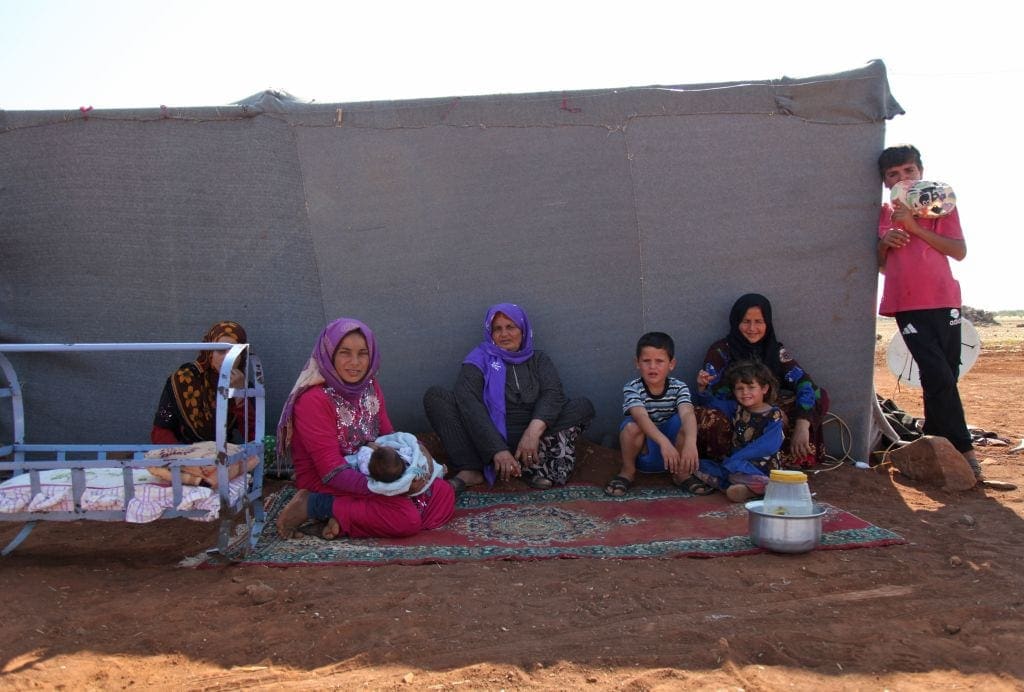The campaign Unheard No More: Syrian women shaping Syria’s future illustrates how since the beginning of the Syrian crisis in 2011, women have been subjected to multiple violations and abuses including arbitrary detention, enforced disappearance, abduction and gender-based violence at the hands of the Syrian authorities and other parties involved in the conflict.
The new campaign, being launched on International Women’s Day, invites members of the public to send Syrian women a message of solidarity calling for equal and effective representation in the political process. The campaign aims to amplify the voices of women playing crucial roles as active members of Syrian society by becoming activists, peaceful protestors, organizers of humanitarian relief and founders of organizations and community centers.
“Eight years since the start of the crisis, Syrian women have suffered tremendously over the course of the conflict, yet they’ve not given up and have instead become brave everyday heroes. They are political activists and they report abuses committed by those in power. Many of these women are the sole providers for their families and risk their own lives speaking up,” said Samah Hadid, Amnesty International’s Middle East Campaigns Director.
“Women’s participation in political processes is fundamental for achieving gender equality and human rights for all. The international community, especially Iran, Turkey and Russia, must pressure the Syrian government and armed opposition groups to end sexual and other gender-based violence and discrimination. They must also consult with women and ensure that they are represented effectively in peace talks, negotiations, the drafting of the constitution and other peace-building processes.”
Amnesty International interviewed 12 women activists who fled the Syrian conflict and sought safety in neighboring countries and elsewhere. The women told the organization how they were arbitrarily detained, abducted and held in poor conditions with limited access to basic services. They also talked about how they were shunned by their families after their release and how they were harassed and received death threats for their humanitarian and political activism, as well as for trying to find out the fate of loved ones who had been forcibly disappeared or abducted.
“Syrian women must be included in discussions about the past and future of their country, at the local, regional and international level. Ending gender-based discrimination is crucial to ensure accountability and a just society in Syria,” said Samah Hadid.
The women Amnesty International spoke to expressed concern over being under-represented in the decision-making process about Syria’s future. They said that in some instances, only women representing the government or opposition had been included in those discussions.
Background
Since 2011, Amnesty International has documented gender-based violations against women carried out by the Syrian government and armed opposition groups.
The organization’s findings show that women detained by the Syrian authorities have been subjected to invasive security checks upon arrival at detention centers, in some cases, amounting to rape . Women in detention reported either witnessing or having been subjected to sexual harassment or assault by guards. Women were also detained alongside male detainees and watched over by male guards. They also were denied access to medical treatment for chronic illnesses.
Amnesty International has also documented how armed groups in Idlib and Aleppo violated international humanitarian law by abducting women and forcing them to work in kitchens in informal detention centers run by armed groups. They have also been subjected to corporal punishment, such as stoning and flogging including for alleged offenses such as sexual intercourse outside marriage.

